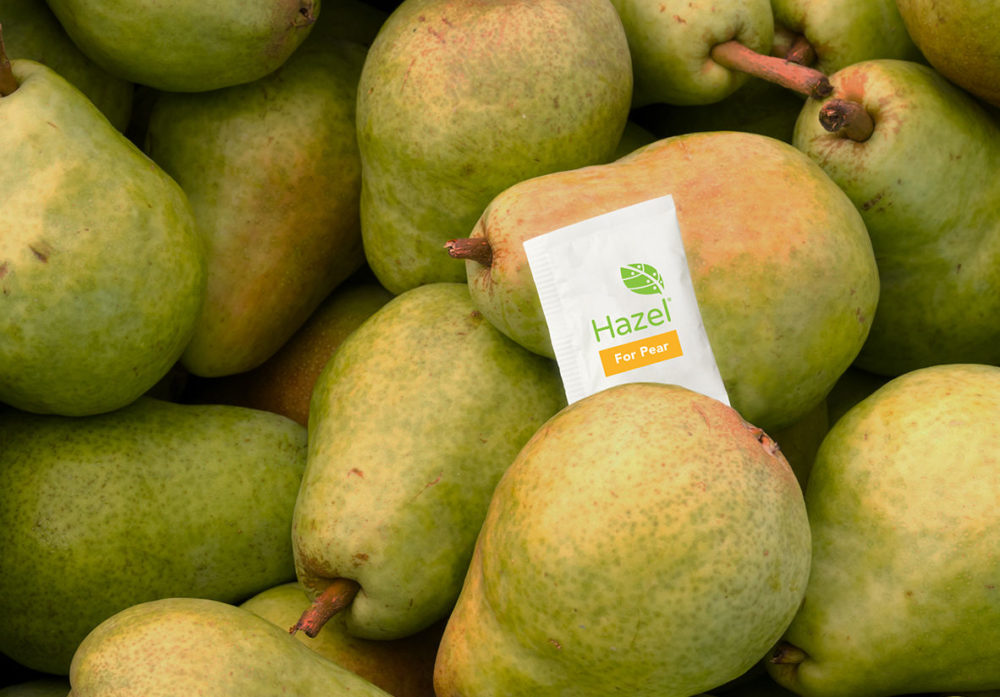Food waste reduction startup Hazel Technologies has closed a $70 million Series C round co-led by US private equity firm Pontifax AgTech and Singapore sovereign fund Temasek.
New and existing investors including S2G Ventures, Pangaea Ventures, Rhapsody Venture Partners, Asahi Kasai Ventures, Jordan Park Group, and the Jeremy & Hannelore Grantham Environmental Trust also joined the round.
Chicago-based Hazel produces sachets that release a vapor that can extend the shelf-life of agricultural produce by up to three times. These sachets can be placed in boxes of bulk produce immediately after harvesting, and are already being used by more than 160 customers across 12 countries. Among them are major fruit and veg distributors including Mission Produce, Oppy, and Zespri.
Hazel says on its website that its “core innovation is the controlled release [of the vapor],” adding that it is “not inventing new types of active ingredients, but rather allowing a more dynamic deployment of industry standard and food-safe active ingredients that have been academically validated.”
The nature of the vapor is dependent on the produce; the startup says that some sachets use “an organic anti-fungal vapor that prevents mold and decay,” while for fruits like apples or avocados, it uses active ingredients that neutralize the effects of ethylene.
“Hazel leverages best-in-class biotechnology in a way that has never before been used in the industry: as a direct integration with packaging materials and packaging material inserts,” CEO Aidan Mouat tells AFN.
“This allows Hazel to functionalize any storage environment to target specific problems in perishable food shelf-life, without requiring new equipment, infrastructure investment, or operational changes of our customers. It’s a drop-in for practically any supply chain environment globally [allowing us] to work with more categories of perishable food, in more environments, and across a wider array of supply chains, than any competitor in the market.”
The startup is developing further applications for its tech, including for new crop types and non-crop perishable food uses, such as in the cut protein sector, Mouat adds.
“We’re creating supporting technologies that help us serve our core client base, like our informatics and detection technology that allows us to monitor food shelf-life in real time during the storage and transit process. We’re also increasing the range of our solutions to cover more supply chains, including those challenged heavily by high temperature, disease pressure, and low infrastructure, so that we can truly globalize our product’s impact,” he says.
Hazel will use the Series C funds to supercharge its international expansion, with the aim of hitting full commercial distribution in at least 15 countries by 2025. The startup also aims to more than double its headcount this year, while also investing in product development and R&D, Mouat says.
The startup estimates that its solution will be used with over 6.3 billion pounds of fresh produce during 2021 and claims that, by the end of this year, it will have prevented nearly 1 billion pounds of food waste since it launched in 2015.
Hazel last raised funding in late 2019, when it banked $13 million in a Series B round co-led by Pangea Ventures and S2G Ventures. It has also previously secured funding from the US Department of Agriculture.
Comment? News tip? Story idea? Email me at [email protected] or find me on LinkedIn and Twitter





